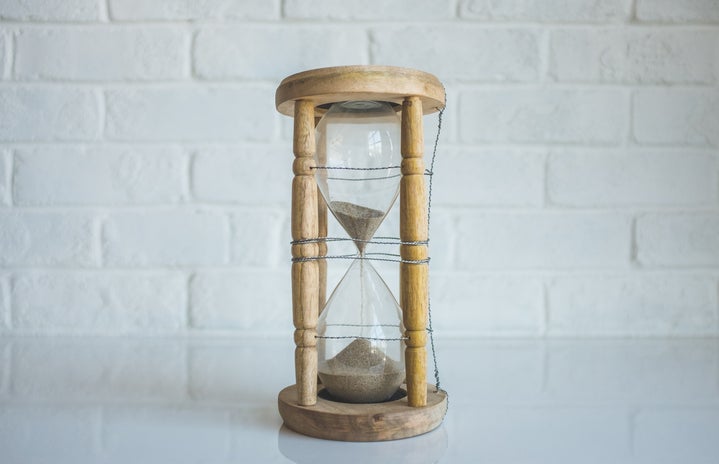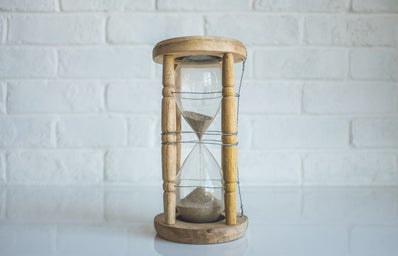We’ve all been there— two 15-page papers, three lab reports, finals looming, and your readings for next week on top of that. After imbibing truly unholy amounts of caffeine, sugar, and carbs, the next best thing for a wrung-out student is a blissful nap (maybe even in Butler on top of your computer). But if you’re anything like me, you tend to wake up three hours later wondering what the heck just happened. Well, here is your comprehensive guide to power-napping like a seasoned finals warrior.
Napping Prerequisites
- When to Nap:
There’s a time for everything, and that includes naps. Depending on whether you’re more of a night owl or an early riser, prime nap time is going to be somewhere between 12 and 3 pm. Of course, you can nap before or after that if you’re really drained! But there’s one hard and fast rule: don’t take a nap 5 hours (or less) before your usual bedtime. This will really mess with your normal sleep schedule!
- Warn Your Roommates:
To make sure you’re not interrupted in the middle of napping with loud noises, bright lights, or someone shaking you awake, warm your roomies! Alternatively, you can also rely on them as failsafe human alarm clocks.
- Avoid Napping with Sleep Disorders
If you’re an insomniac, for instance, napping will affect you differently. Get more information about how napping might effect you before pulling all-nighters or planning daytime naps.
- Blackout and Get Cozy
I know some of us take inadvertent naps in the Diana, but napping is more effective when you create a solid sleep environment. If you plan on taking a longer nap, put on some comfortable pajama pants, and make sure it’s dark so your brain is tricked into thinking it’s nighttime. If you’re squeezing in a quick snooze, try sleeping while sitting upright. Use a couple pillows to prop yourself up, and it’ll be easier to wake up and get going!
- Try power-walking instead of power-napping
Don’t have time for a nap, or afraid you’ll fall asleep for good? Try power-walking or some short, moderately intense exercise to give you an energy boost!
Which Nap is Best?
Now that we’re more aware about how and when to nap, the next question is naturally: how long should I sleep for?
- Power Naps
Super stressed but tired as heck? Try getting six minutes of sleep. Sounds crazy, but this can be helpful especially during finals season. They’re shown to help energize you as well as significantly improve memory– perfect when you’re studying for an exam.
- The NASA Nap
Found in the results of an experiment on the effect of rest of pilots, try the (weirdly specific) nap length of 26 minutes. The study, performed in ’95, showed that this much rest improved the pilots’ performance by 34% and helped increase their alertness by 54%. Plus, this nap isn’t long enough to get into a super-deep sleep, so you’ll feel refreshed and energized afterwards.
- 1 Hour
One hour makes for a nice long nap, but beware. You’ll be in the middle of your sleep cycle when you wake, which might cause sleep inertia, or the groggy, bleary effect that leaves you feeling even more sleep-deprived than before. If you don’t have to go to class or spring into action after a nap, however, an hour of rest might just be perfect— it helps memory, creativity, and provides long-term energy to get you through a rough night.
- 1.5 Hour or 90 Minutes
This is truly the Ideal Nap. Because the human body takes 90 minutes to go through a full REM sleep cycle, this nap is like a miniature version of nighttime rest. If you wake up at the end of the cycle, when your sleep is light, sleep inertia won’t have as much of an effect. You’ll feel well-rested, have more concentration, and be able to recall more. If you have the time, this amount of sleep is the best nap you can take.
Of course, napping is by no means a replacement for a good night of sleep. They’re just a short-term solution if you’re desperate to study for a test or finish a paper. However, napping is an effective tool that you should use, especially in the throes of finals!

